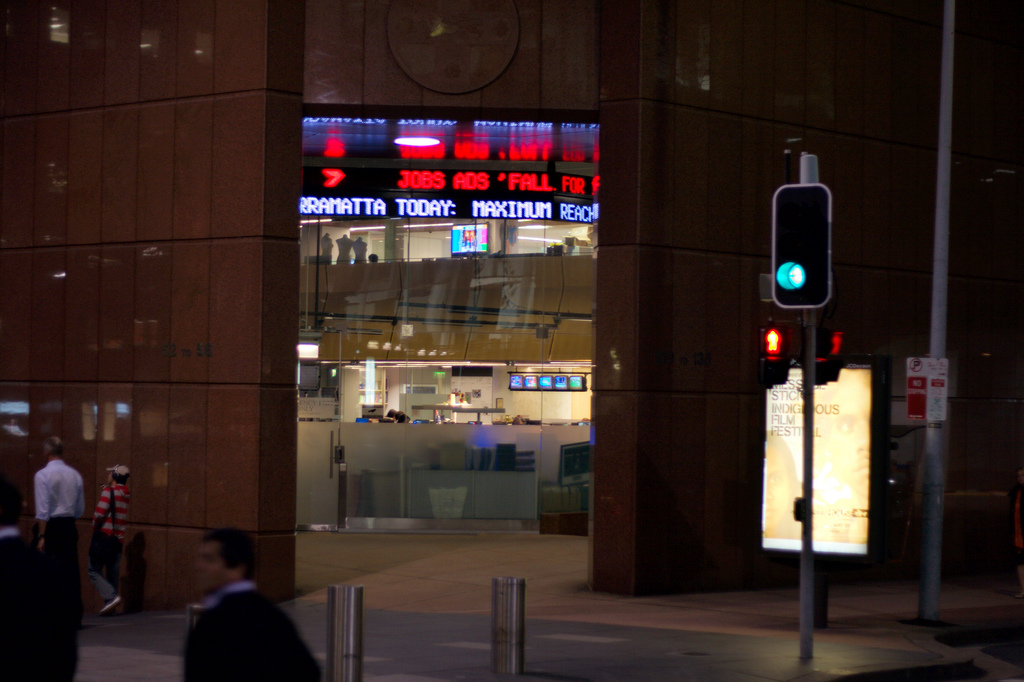
It's green for gulf stock markets (Christian Haugen | Flickr | CC BY 2.0)
Thomas Schellen
Thomas Schellen is Executive's editor-at-large. He has been reporting on Middle Eastern business and economy for over 20 years. Send mail

Thomas Schellen is Executive's editor-at-large. He has been reporting on Middle Eastern business and economy for over 20 years. Send mail
